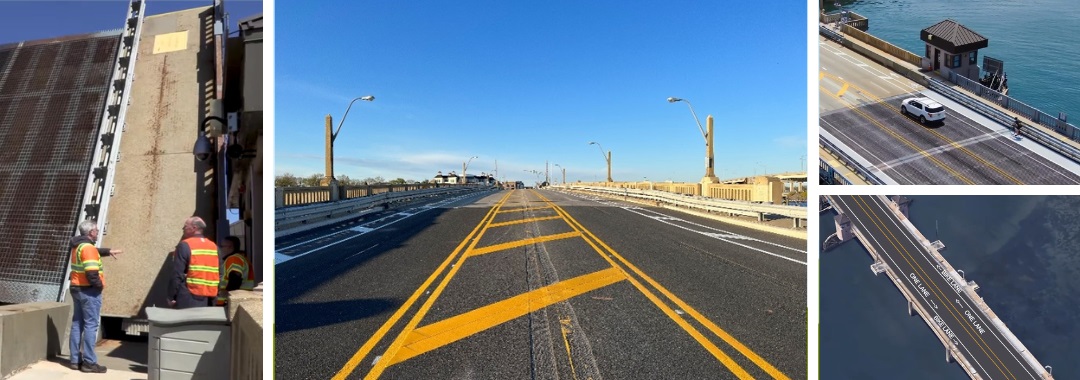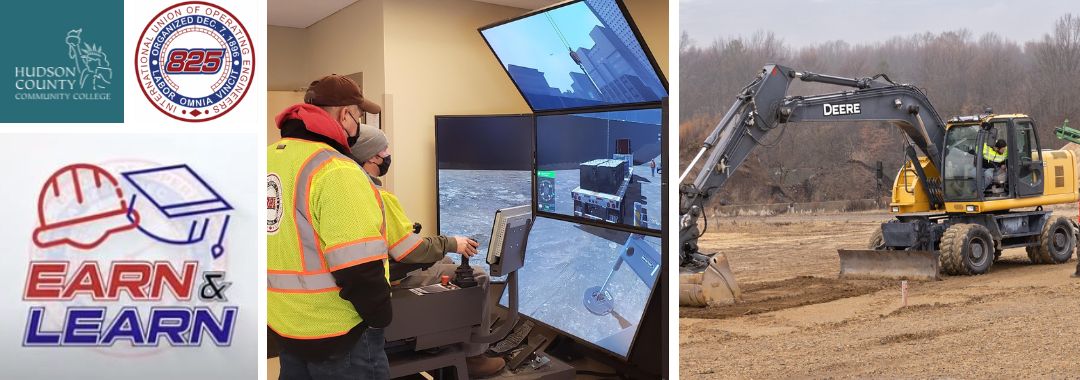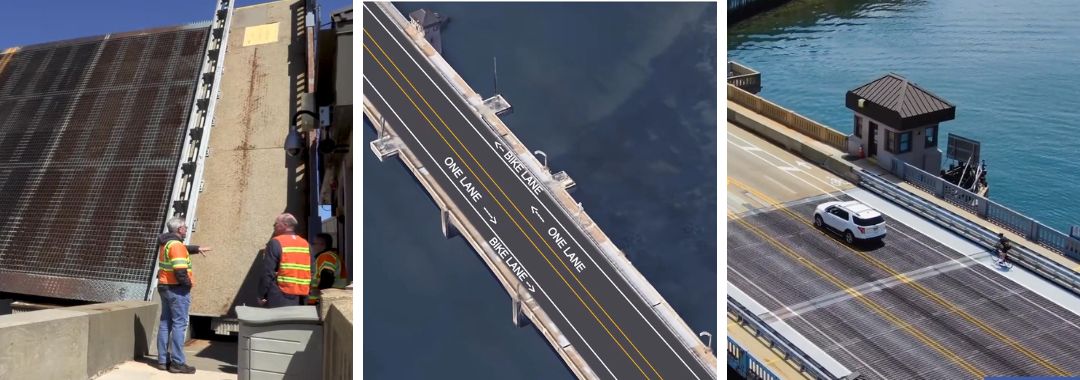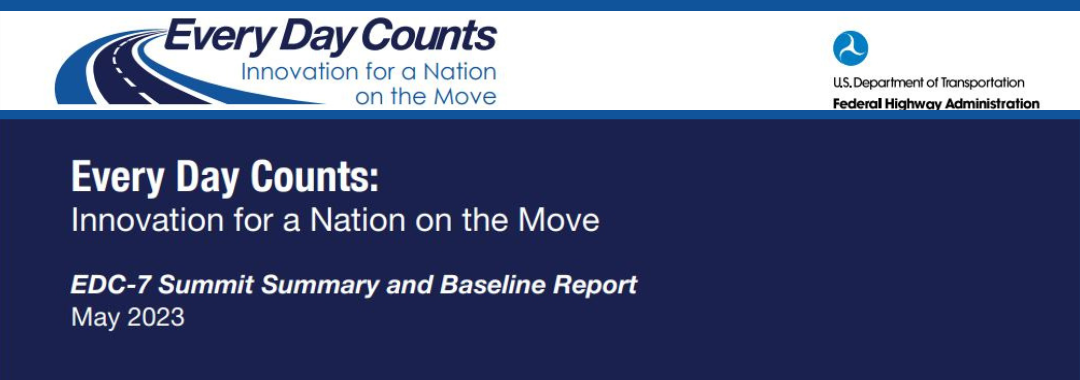
Aug 30, 2023 | Build a Better Mousetrap, Innovation Spotlight, News
The Federal Highway Administration’s Local Aid Support team in the Office of Transportation Innovation and Workforce Solutions has announced the 2023 recipients of the Build a Better Mousetrap National Recognition Program for Transportation Innovation. Each year, FHWA...

Aug 8, 2023 | Innovation Interview, Innovation Spotlight, Innovative Initiative, News
Strategic Workforce Development, an FHWA Every Day Counts (EDC) Round 6 and 7 innovation, anticipates collaboration between government agencies, trade organizations, private agencies, and communities to prepare individuals for the construction workforce. The demand...

Jul 19, 2023 | Innovation Spotlight, News, NJ STIC
NJDOT’s Route 71 Shark River Bridge Preservation and Road Diet project has been selected as a regional winner in the 2023 America’s Transportation Awards Competition. The competition is sponsored by the American Association of State Highway and Transportation...

Jul 7, 2023 | Innovation Spotlight, News, NJ STIC
FHWA recently released its EDC-7 Summit Summary and Baseline Report that can be found here. The Report highlights the Every Day Counts innovations that FHWA is promoting in the program’s seventh round (EDC-7) and includes the baseline deployment status of the...

May 15, 2023 | Innovation Interview, Innovation Spotlight, News
NJDOT, like other State departments of transportation (DOTs), has become increasingly conscious of infrastructure’s environmental burdens and are seeking more environmentally sustainable materials in construction. Recently, we spoke with Kimberly Sharp, Manager,...

Mar 30, 2023 | Innovation Spotlight, News, NJ STIC
NJDOT’s Division of Local Aid & Economic Development continues its efforts to make its project management processes more efficient by implementing electronic plan review. The Division is preparing to implement electronic plan review, a feature that was previously...










